|
by Luv Mehta We’ve got Star Trek, the ideal of human beings exploring the galaxy, and we’ve got Star Wars, a universe we could easily imagine ourselves living in. But let’s face it, even with the recent spate of movies, both these stories have already been created and experienced by previous generations. No matter when we watch them, no matter how timeless they are, they’re not really our stories, now, are they? Selfish to say, yes, but to watch a good story be created, and experience it taking hold of our imaginations even as we see them, is a wondrous, incomparable thing. We may have Harry Potter as a series of fantasy that shaped our lives, we may be watching history being made with the Marvel Cinematic Universe, but which superlative and influential piece of work do science fiction fans of this generation have? Maybe Firefly? Fringe? In my humble opinion, it’s the Mass Effect series. Before I present my case for this momentous claim, let me outline what, in my opinion, makes for great Science Fiction. Firstly, of course, it has to be imaginative. When you watch/read/play good SF, you don’t really watch/read/play good SF. You experience it. You get sucked into this world of the future, you imagine living in it, you imagine the various technologies and how they would change your life, and you believe we, as human beings, could someday reach this level of technological prowess. And indeed, great SF often influences real life, as with the videophone influencing the creation of Skype, for example. Secondly, SF needs to pay attention to the science as well. The primary distinguisher between SF and fantasy is the existence of believability, with science grounding the whole story for us. We may have the force, but our ships still get rusty and need maintenance. Our AI robot isn’t a magically created human being, it’s a construct created using technologies we can comprehend. Aliens aren’t simply green-skinned human beings from another planet, they’ve got differently evolved features based on their planetary conditions. Thirdly, the imagination and the grounding of science need to coalesce and result in an exploration of the technologies and ideas that have been propounded. We have a teleporter, but how does its working change transportation, communication, and the world itself? What are the intended and unintended consequences of Faster Than Light travel? How does the evolution of a culture of aliens influence their communication with other species? And in the end, our fourth point requires great SF to act as a mirror to our own selves, using metaphors to show our own problems as a species, as well as our great unrealized potential. Let’s have a look at Mass Effect. The year is 2183. Thirty five years earlier, while exploring Mars, humankind discovered a cache of Element Zero, an element which, as the name suggests, has atomic number zero, and on electrical impulse, can generate a field that affects the mass of whatever is inside it. A field of mass effect, if you will. With it, humans achieved FTL travel, discovered giant mass effect relays at the corner of the solar system, and established contact with alien species. In the present, humans are one of many, many different species, all with their own unique cultures and characteristics, and are lobbying for more power in the Council, the galactic government body. When one of the elite Council agents (called Spectres) goes rogue to serve a mysterious galactic race, it’s up to our protagonist to find out what he’s up to, and in the process, save the fate of the galaxy itself. The strength of Mass Effect lies in various areas. It’s a Bioware game series, so we’re given a dizzying amount of player choice. We can play as a man or a woman of whichever race we choose, and can determine what backstory and temperament we want. We can decide to shoot our way out of certain situations or attempt to resolve them through conversation. We’re given important choices, at various junctures of the story, that irrevocably shape the rest of the story. The attention to detail is simply unbelievable. Everything in this world has an accompanying explanation, from the mass effect drives to the functioning of each species’ governments to difference in physiologies, and how they all affect each other. It’s all given in a non-intrusive manner as well, giving us information when we need or want to know via player interaction, and logging entire pages of data in the Codex, an in-game journal opening up entire areas of research for the ones willing to put in the effort to know more about this world. We also have a whole galaxy to explore, and a host of alien races to interact with. Our own team consists of more aliens than humans, and each one of them is an entirely unique and memorable character, and we can talk to each of them to gain different insights into their own species and cultures. Diversity and acceptability is the main theme of Mass Effect, actually. We have cultures ostracized and treated as foreigners, and we have cultures dealt unnecessarily high penalties due to their past actions. Discrimination extends far, far beyond even species, and the story calls our attention to it and strives to show us how, despite all our differences, we are, ultimately, the same. Which is a lesson our world needs, especially right now. There are so many more themes in Mass Effect, so many tropes it uses well, so many ideas it establishes, but to give out any more would be spoiling the whole experience. And each playthrough of Mass Effect is, indeed, an experience, with our choices and our story being carried on through to the other instalments, to craft our own unique narrative. So, if you haven’t already, give yourself a gift, and give Mass Effect a chance this holiday. You won’t regret it.
Follow us on Facebook and Instagram to be notified whenever we release new articles.
Do you use an RSS reader? Even better!
0 Comments
Leave a Reply. |
Categories
All
Archives
December 2022
|
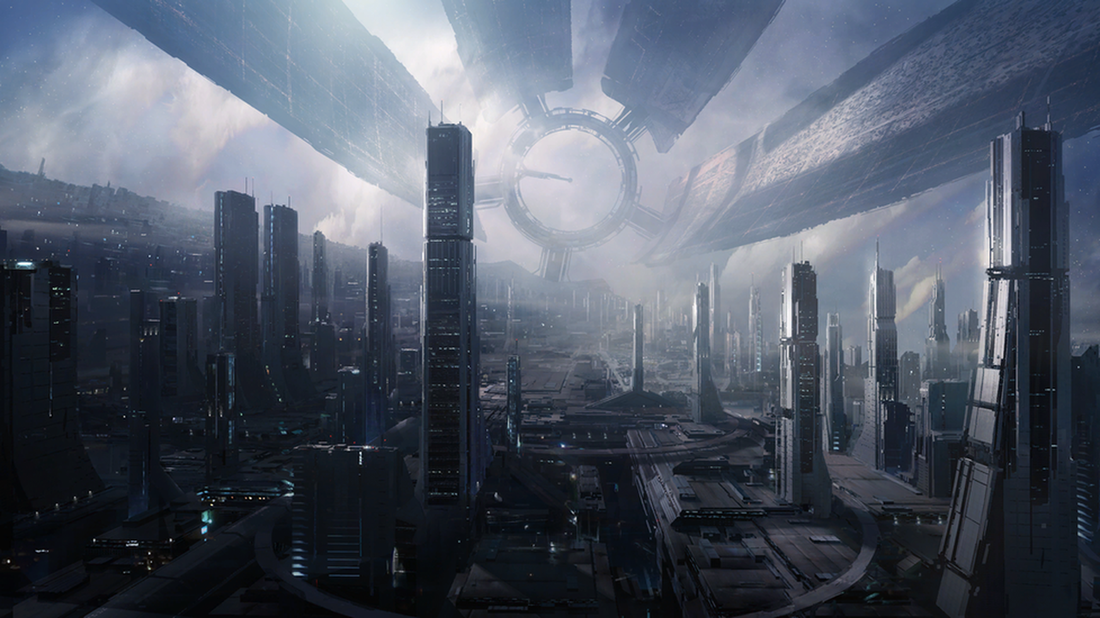
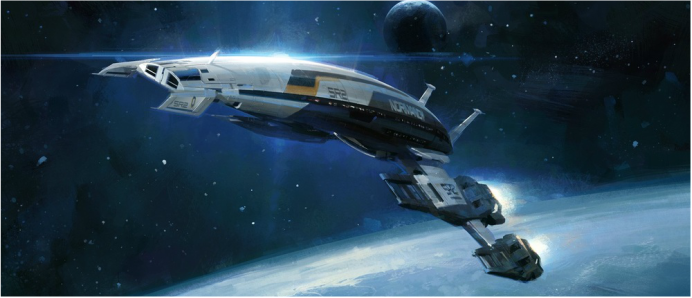
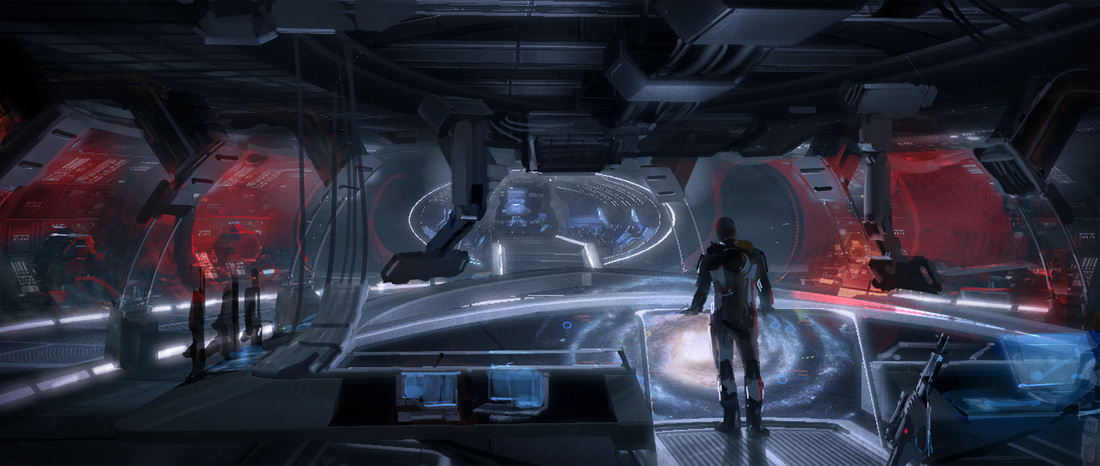
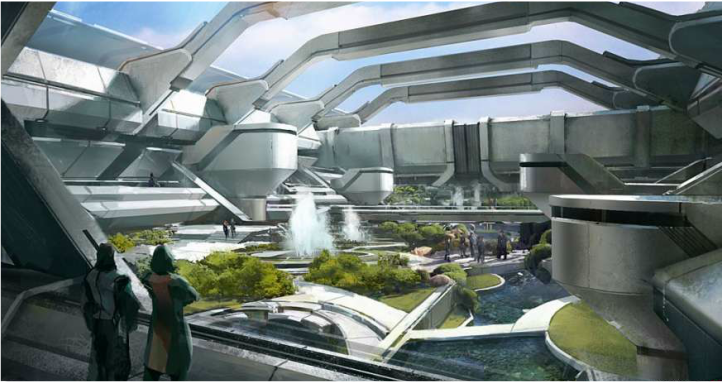
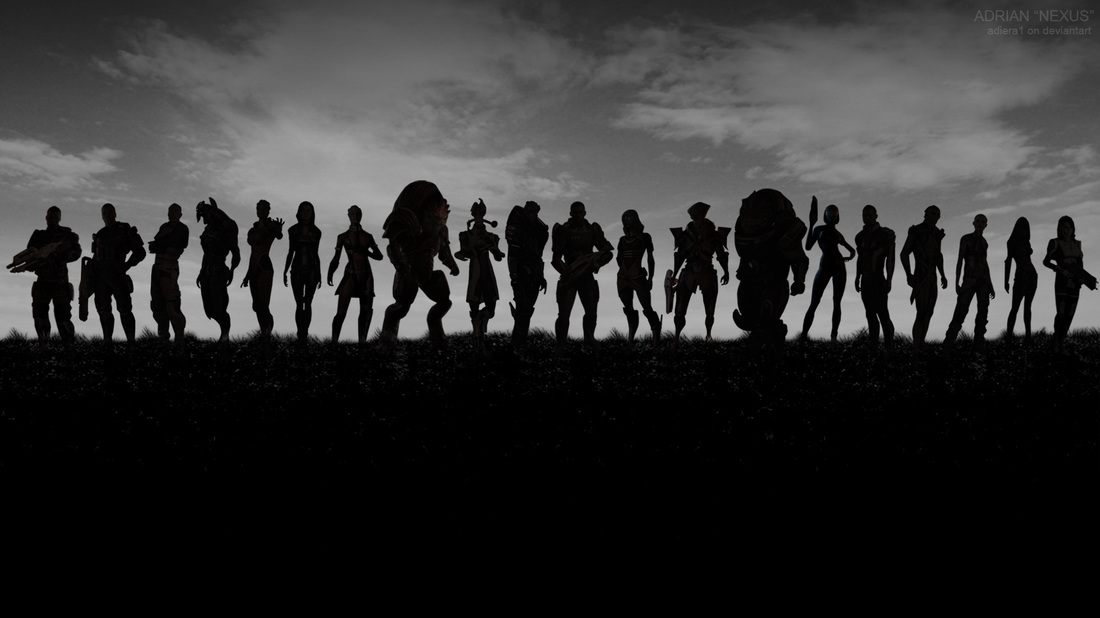
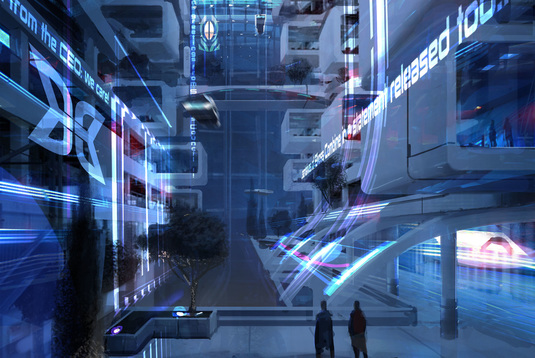
 RSS Feed
RSS Feed
